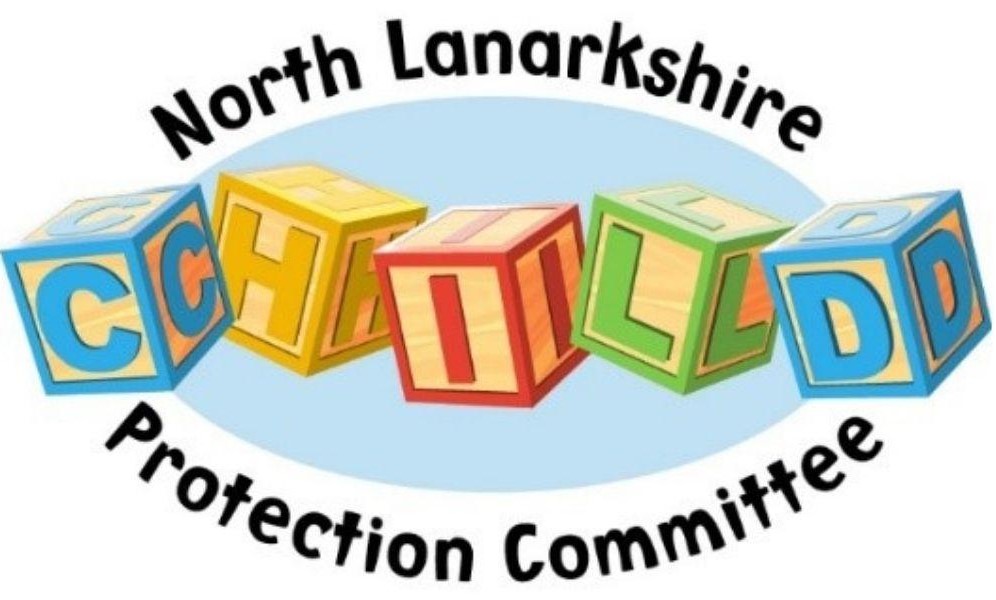The Core Group are those who have direct and on-going involvement with the child and/or family. They are responsible for implementing, monitoring and reviewing the Child Protection Plan, in partnership with children and parents.
Core groups are important forums for working and supporting children, families and wider family networks. Where there are conflicts between family members and the work of the core group the child’s best interests must always take precedence.
When a child is subject to a child protection plan a qualified social worker must be appointed as the lead professional. The lead professional has responsibility for coordinating the child protection plan.
Membership of the Core Group will be provisionally agreed at the CPPM. The first core group should be arranged within 15 days of the CPPM, thereafter core groups should be every four weeks.
